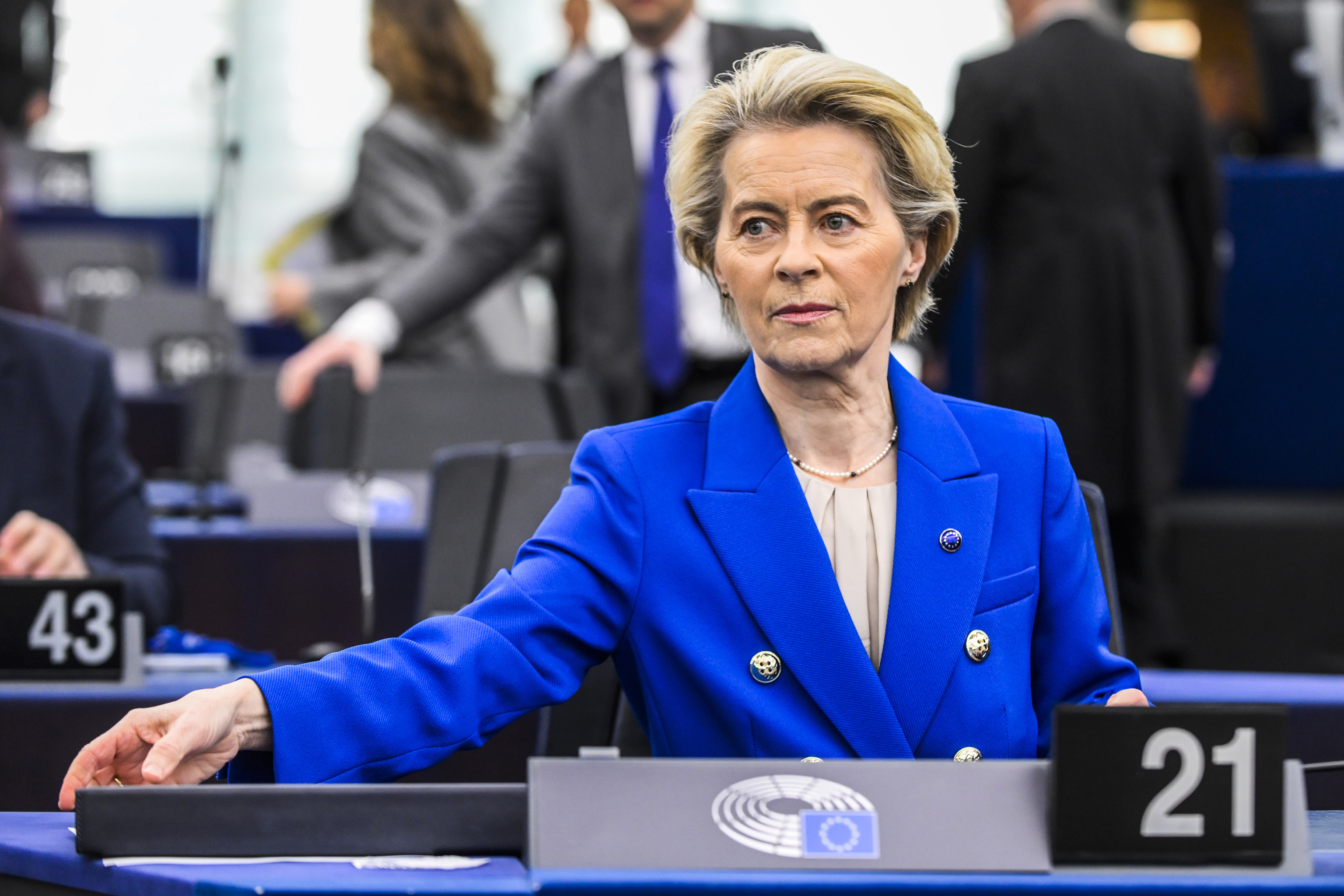The current Vice President of the European Commission, Teresa Ribera, and the President of Naturgy, Francisco Reynés, when she was a minister in 2022Efe
The new sanction being prepared by the European Commission against Russia presents the paradox that not only could it strengthen the regime of Vladimir Putin but also cause significant harm to European companies like the leading gas company in Spain, Naturgy.
The company's own president, Francisco Reynés, has sent a warning letter to the President of the European Commission, Ursula Von der Leyen, the Vice President, Teresa Ribera, and the Energy Commissioner, Dan Jorgensen, as confirmed by EU sources to EL MUNDO, a fact not denied by Naturgy, although they decline to comment.
The letter comes just before the European Commission formalizes its sanction proposal next week after a meeting on Monday of Energy Ministers. According to the letter from Naturgy's CEO, while the Spanish group finds the goal of punishing Russian aggression against Ukraine "commendable," it warns of the "risks" of applying the sanction without distinguishing between long-term contracts of European companies with Russia - signed before the invasion - and those signed on a short-term basis.
"The consequences for the affected European companies are likely irreversible," it warns. In the letter, he explains to Von der Leyen and her commissioners that long-term contracts with Russia include the standard "take or pay" clause. In other words, if European gas companies do not ultimately purchase the contracted gas, they still have to pay for it. Putin, on the other hand, could resell that gas to customers in other parts of the world for double profit. The Third Vice President, Sara Aagesen, and other senior officials have also received the letter.
Reynés himself has already publicly addressed this issue in various forums, but given the proximity of the decision in Brussels and after discussions with his team with technicians and lawyers from the European Commission, he has decided to address Von der Leyen directly.
During his speech at the International Expansion Forum, he mentioned orders to Yamal LNG and said, "If we have to abandon this contract, there must be legal guarantees that this abandonment does not result in a benefit for Russia." Later, at the Cinco Días Creo Forum, he stated that "we must ensure that Spanish purchases do not provide more economic capacity to the Russian supplier but also do not harm the balance of the companies."
Naturgy, like Total or Shell, has long-term contracts signed since the mid-2000s. At that time, the EU had no objections, and, on the contrary, the then German Chancellor, Angela Merkel, favored an energy alliance with Russia in the belief that it would prevent conflicts like the current one. These contracts run until 2040. Therefore, in the event of a European prohibition on continuing to execute them from 2027 onwards - the planned deadline after a transition - Naturgy would have to pay for a dozen pending years of already contracted supply without receiving Russian gas. Additionally, they would have to seek alternatives in other markets at higher prices.
The estimated result in the sector is billions of euros in impact on the Spanish company, which would be forced to make massive provisions this year with likely consequences on prices for both industrial and residential customers.
Meanwhile, Russia remains a key supplier of gas to Spain, and at a time when the government considers it an essential energy source to stabilize the Spanish system after the blackout on April 28. Since the following day, Redeia has increased the use of combined cycle plants after managing the hours leading up to the blackout with the lowest gas reserves throughout the month.
According to official statistics from Enagás, Russia remains the third-largest supplier of liquefied natural gas to Spain so far this year, accounting for nearly 18% of the total, behind only Algeria and the United States, which alternate as the first and second suppliers depending on the time of year.
